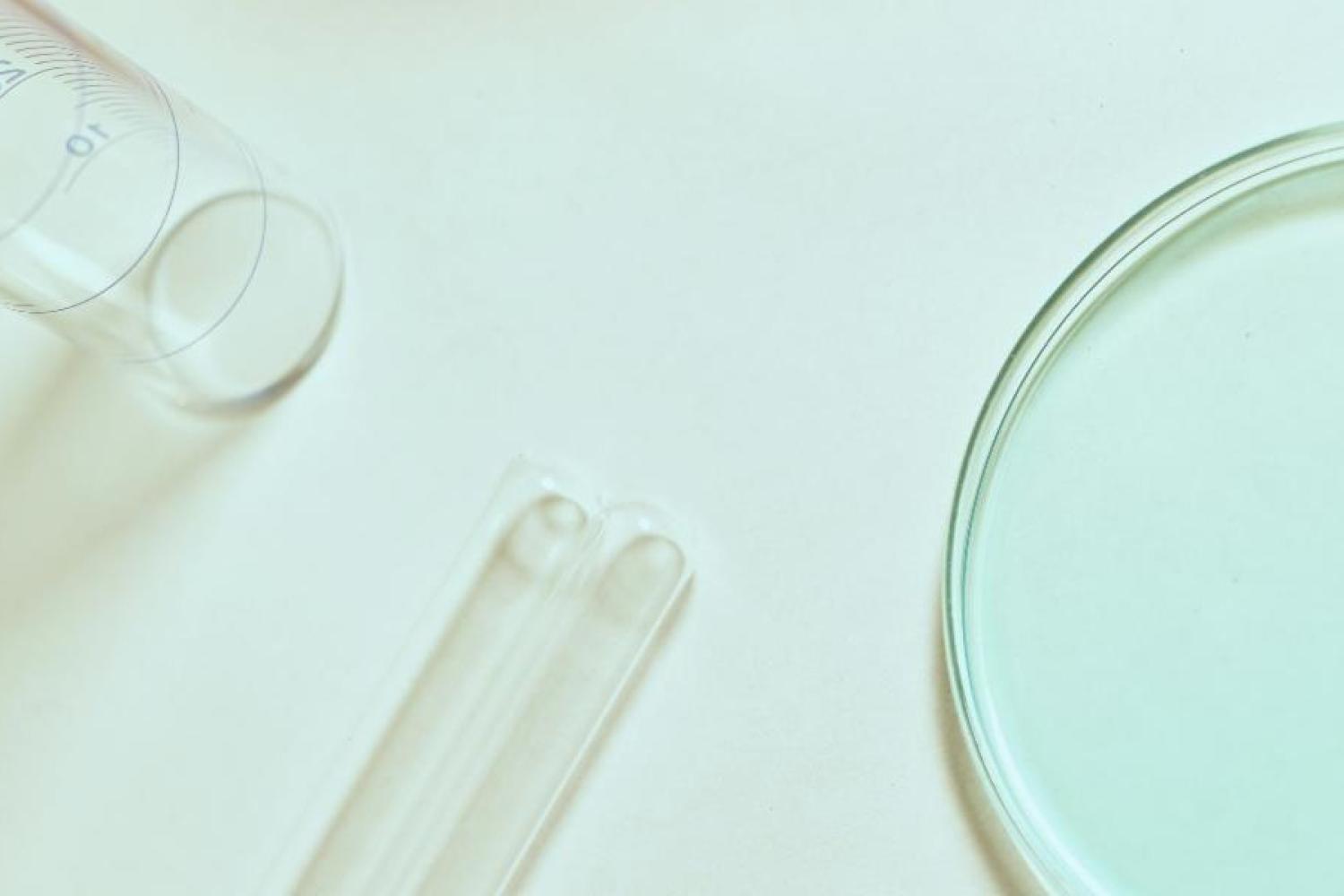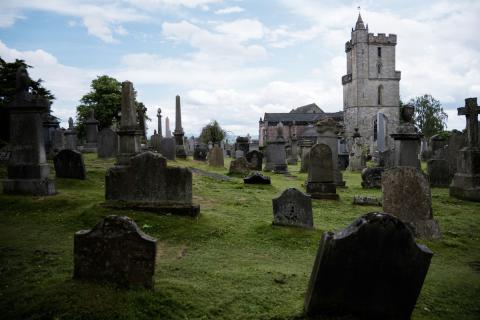
“What do we owe this cluster of cells?” asks the headline of a recent New York Times piece. The article – the first of a three-part series – is a long-form consideration of the legal, ethical, and scientific implications of procedures like I.V.F. and, more broadly, what we’re to do with the unused embryos such procedures generate.
At the heart of the piece is an admission that our scientific progress may be outpacing the development of ethical frameworks to guide it. “For decades,” the author notes, “scientists around the world have abided by one widely accepted rule: Embryos being grown for research may not be cultivated beyond the 14-day mark.” But for most of that period, the mark was a somewhat superfluous one: no lab was able to cultivate a viable embryo in a petri dish past a couple of days, at which point it would degenerate and be disposed of, anyway.
That changed in 2013, when a Cambridge University team managed to grow two embryos right up to the 14-day mark, at which point they had to end their experiment to stay compliant with the law. Their work reopened difficult questions – about whether the 14-day mark should be extended, about what kinds of embryonic experiments should be allowed, about – as the headline question puts it – what we owe this “cluster of cells.”
The article concedes the great goods such research would no doubt be pursuing – whether on behalf of fertility care or other medical treatment research. But such a line of thought risks championing an ends-justify-the-means approach to these questions being raised about human life, where the proclaimed goods are deemed to outweigh almost any cost. And that’s a perilous game to play, when it comes to matters of life and death.
By the same token, these questions about human life are also, at moments, being gravely confronted by researchers who suddenly realize what they’re doing and what – or who – they’re working with. When “test-tube babies” were first made possible, for instance, some blanched at the power suddenly given to limited, often myopic human beings: “there was something especially horrendous in deliberately creating a human being only then to deprive it of its chance of life by failing to place it in a human womb but instead throwing it down the sink.”
If human beings being thrown down the sink is what we’re dealing with, it’s hard to justify any research being worth that cost. There’s something in us that kicks back at “the violation of things we rightfully hold dear,” as one bioethicist put it. And indeed, the latter half of the article considers the “ick factor” that surrounds much of the present ethical conversation around these topics. Some argue that a certain level of discomfort is bound to come with any scientific advancement, and so our discomfort with embryonic research is no more nor less significant than our discomfort with any other kind of “progress.”
But others suggest that there’s a wisdom in our revulsion toward certain developments. And among the developments meriting our repugnance may be that of courting a “power that seems godlike.” One researcher pointed to stories going back for centuries that express our discomfort with the prospect of being able to bring human life into being too readily: “Sumerian stories about creating people by mixing blood and clay, the Jewish tale of the golem, ‘Frankenstein’ and ‘Brave New World.’ Throughout history, he said, ‘You find myths and legends about humans making humans from scratch.’” Those legends don’t tend to end well. Something in us kicks back, at a certain point, at extending ourselves beyond who we feel ourselves to be … at taking on the vantage of a creator, when we know how very creaturely we are.
We’re a long way off from resolving these issues on the level of public policy or ethical regulations for scientific laboratories. And there’s a lot, still, to speak and witness to, in terms of the value and dignity of human life long before the 14-day mark, and of the worth and significance, too, of natural conception. But perhaps our anthropology may be of use to us, in this respect – our “ick factor,” the wisdom of our revulsion – which trembles before a power we know we can’t wield, and which wards against violating an order of procreation that we, “rightfully” if often only intuitively, “hold dear.”
Tomorrow (March 28), the Diocese of Arlington is promoting a “Diocesan Day of Unplugging,” encouraging the faithful to consider putting aside smartphones, social media, and the internet for a day of impactful fasting. Whether you’re located within the Diocese of Arlington or not, consider joining the fast.
What happens when the seasons of the Church (like Lent) feel incongruous with everything else happening in ours lives? One Catholic essayist reflects on the experience of being fatigued by (and before) Lent.
A bill seeking to bring assisted suicide to England and Wales could be delayed until 2029, although advocates continue to push for a shorter timeframe.
Mel Gibson’s “The Resurrection of the Christ,” sequel to his “The Passion of the Christ,” is set to begin filming in Italy this August.


